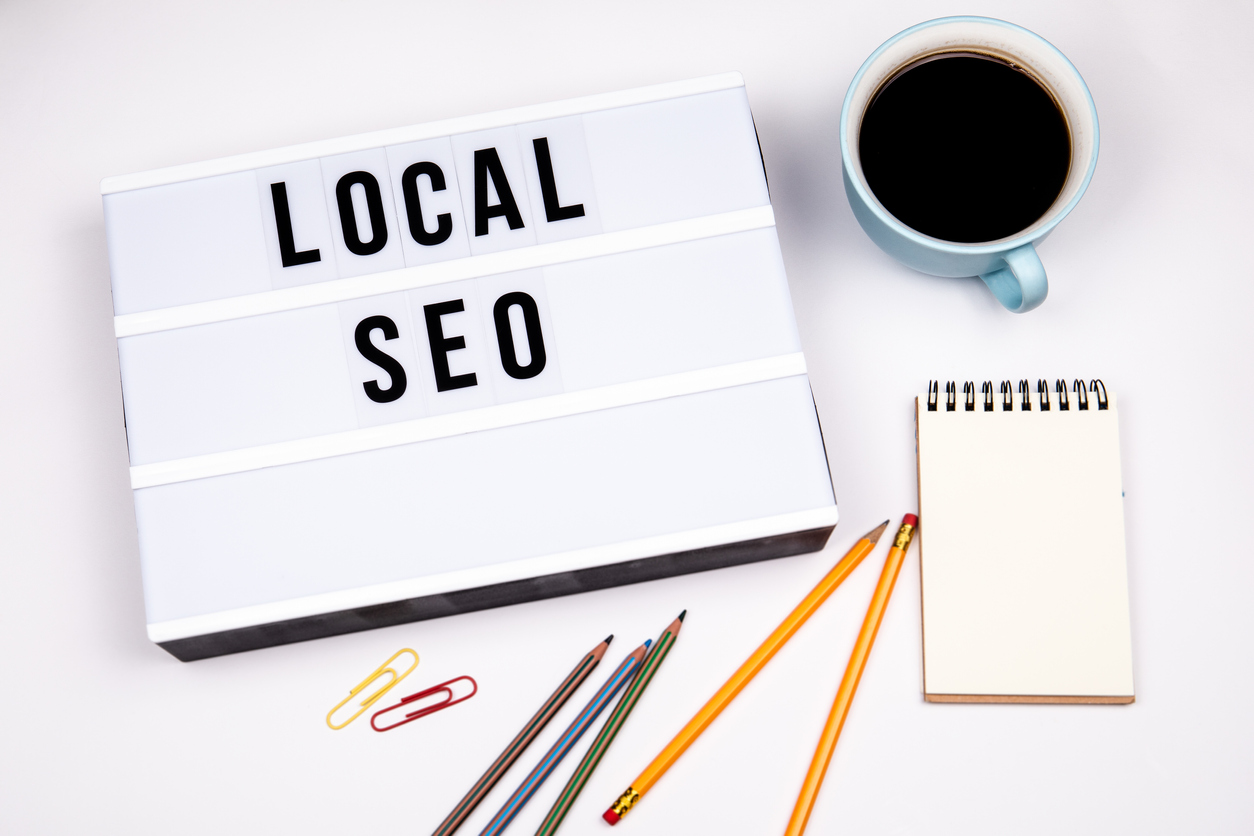
The Impact of 5G on Digital Publishing
Discover how 5G is transforming digital publishing — from faster content delivery to immersive storytelling and mobile-first experiences.
Discover the top SEO pitfalls to steer clear of in the world of online publishing. Learn how to optimize your content for search engines and boost your online presence. Don't miss this essential guide for online publishers looking to enhance their SEO strategies.
In the competitive world of online advertising, Search Engine Optimization (SEO) plays a pivotal role in ensuring your content reaches the right audience. Effective SEO strategies can boost your ad revenue and overall online presence. However, it’s essential to be aware of the most common SEO mistakes that online ad publishers often make, which can hinder their success. In this article, we’ll uncover these common pitfalls and provide insights on how to steer clear of them.
One of the fundamental principles of SEO is keyword research. Failing to conduct thorough keyword research can lead to a lack of focus in your content and ad campaigns. Ad publishers must understand the keywords their target audience is searching for and optimize their content accordingly. Tools like Google Keyword Planner can help identify relevant keywords and phrases.
On-page SEO is the foundation of a successful SEO strategy. Many publishers miss crucial on-page elements, such as meta titles, meta descriptions, header tags, and image alt text. Ignoring these details can significantly impact your rankings and click-through rates. Ensure each page and ad campaign is well-optimized for search engines.
With the majority of internet traffic coming from mobile devices, it’s imperative to ensure your website and ad content are mobile-friendly. A lack of mobile optimization can lead to poor user experiences and lower search engine rankings. Google now prioritizes mobile-first indexing, making this an essential aspect of SEO.

Duplicate content is a cardinal sin in SEO. It can confuse search engines and lead to penalties. Online ad publishers must avoid duplicating content across multiple pages or websites. Ensure that your ad campaigns feature unique and valuable content to maintain a strong SEO profile.
SEO is an ongoing process that requires constant monitoring and adjustment. Failing to regularly check your analytics can result in missed opportunities for optimization. Keep a close eye on key performance indicators (KPIs), such as organic traffic, bounce rate, and conversion rates, and use this data to refine your strategies.

While backlinks are valuable for SEO, not all backlinks are created equal. Obtaining low-quality or spammy backlinks can harm your site’s reputation and rankings. Focus on building high-quality, relevant backlinks from authoritative sources.
If your online ad campaigns are geographically targeted, local SEO is crucial. Many publishers overlook the importance of optimizing for local search. Ensure your NAP (Name, Address, Phone number) information is consistent and accurate across all platforms, and create Google My Business listings for local visibility.

A slow-loading website can frustrate users and lead to higher bounce rates. Search engines like Google consider page speed when ranking websites. Optimize your website for faster loading times to improve user experience and SEO.
Search engine algorithms continually evolve. Not staying updated with these changes can be detrimental to your SEO efforts. Stay informed about algorithm updates and adjust your strategies accordingly.
Outdated content can negatively impact your SEO efforts. Regularly update and refresh your ad content to ensure it remains relevant and informative. This demonstrates to search engines that your site provides up-to-date and valuable information.
In conclusion, SEO is an indispensable component of a successful online advertising strategy. By avoiding these common SEO mistakes, online ad publishers can enhance their online presence, reach a broader audience, and ultimately boost ad revenue. Remember that SEO is an ongoing process, and staying vigilant and adaptive is key to long-term success in the ever-changing digital landscape.